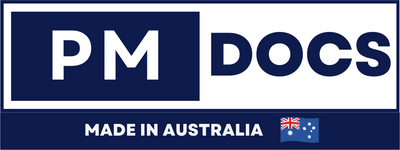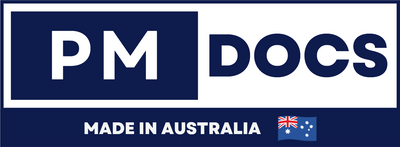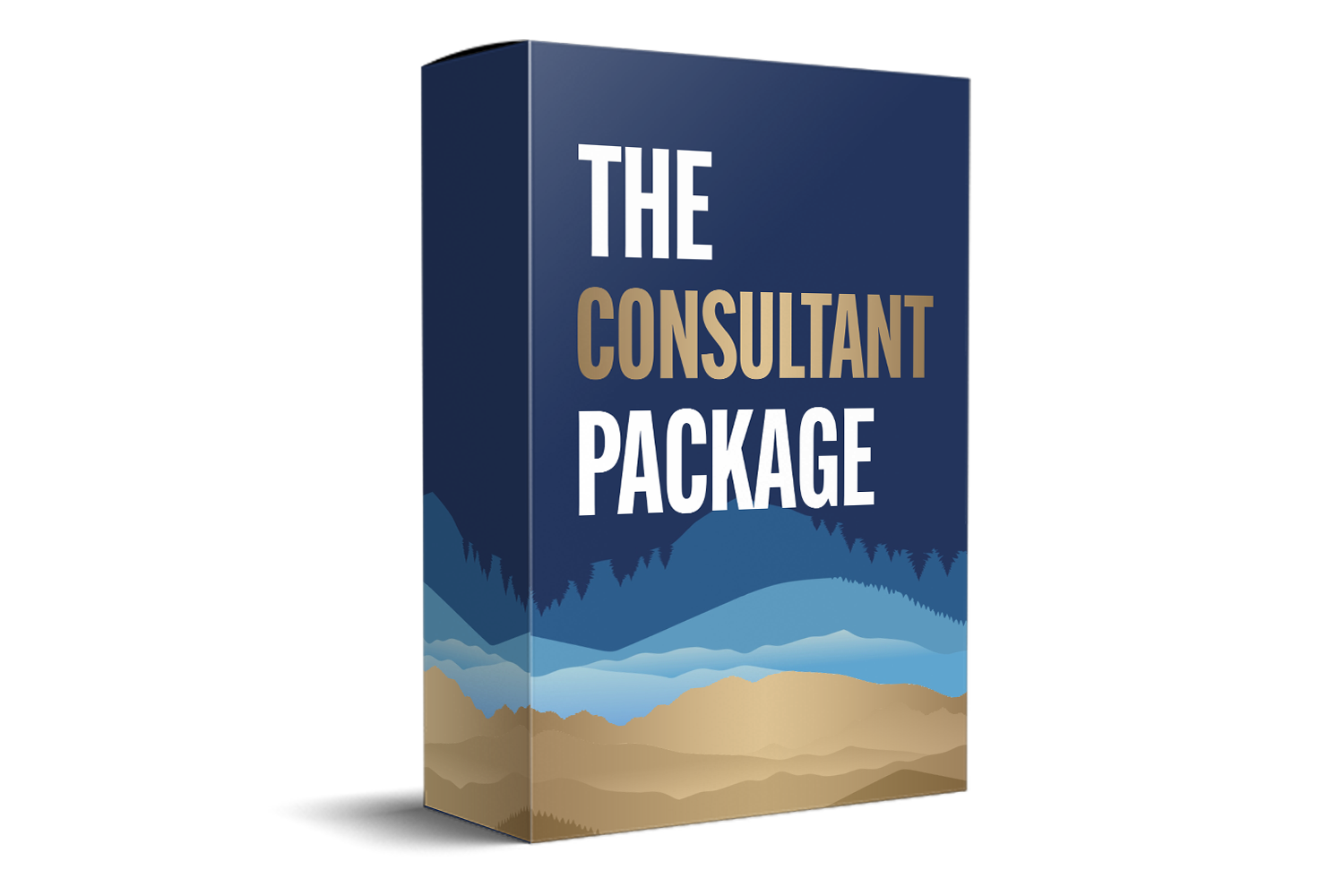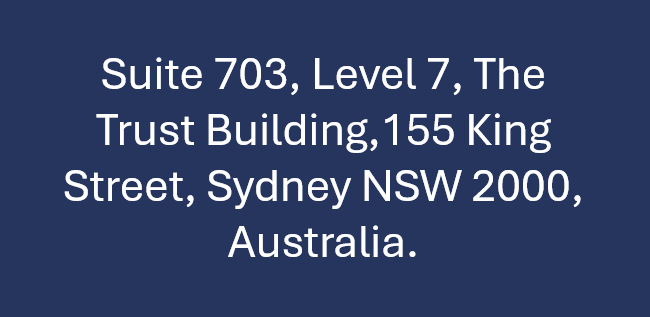ISO Consultants In Australia: Choosing The Right Partner
Navigating The ISO Maze: How To Choose The Perfect Consultant In Australia
In today's competitive global landscape, ISO certification is more than just a badge of honour; it's a strategic imperative. For businesses across Australia, achieving ISO compliance signifies a commitment to quality, efficiency, and continuous improvement, unlocking new markets and bolstering reputation. However, the path to certification can be complex, often requiring the guidance of seasoned experts. This is where ISO consultants come in, acting as your trusted navigators through the intricacies of international standards.

But with a growing number of consultants vying for your attention, how do you choose the right partner to ensure a smooth, successful, and truly beneficial ISO journey? This comprehensive guide will equip Australian businesses with the knowledge to make an informed decision, ensuring your investment yields maximum returns.
Why ISO Certification Matters In Australia?
Before diving into consultant selection, it's crucial to understand why ISO certification holds significant weight for Australian enterprises:
-
Enhanced Credibility and Reputation: ISO certification publicly demonstrates your commitment to quality, environmental management, information security, or occupational health and safety, building trust with customers, suppliers, and stakeholders.
-
Competitive Advantage: In tender processes and market differentiation, ISO certification often provides a significant edge over non-certified competitors.
-
Improved Efficiency and Cost Savings: Implementing ISO standards forces a disciplined review of processes, leading to streamlined operations, reduced waste, and better resource utilisation.
-
Regulatory Compliance: Many ISO standards align with Australian legal and regulatory requirements, helping businesses meet their obligations and avoid penalties.
-
Market Access: For businesses eyeing international trade or working with large multinational corporations, ISO certification is frequently a mandatory requirement.
- Risk Management: Standards like ISO 27001 (Information Security) and ISO 45001 (Occupational Health & Safety) provide frameworks to identify, assess, and mitigate critical business risks.
The Indispensable Role Of An ISO Consultant
While it's technically possible to pursue ISO certification independently, the process is notoriously time-consuming and resource-intensive, especially for businesses lacking internal expertise. An ISO consultant brings invaluable benefits:
-
Expert Guidance: They possess deep knowledge of specific ISO standards, their interpretation, and best practices for implementation.
-
Gap Analysis: They identify where your current systems fall short of ISO requirements.
-
System Design & Documentation: They help design and document management systems tailored to your unique operations, not just generic templates.
-
Training & Awareness: They educate your team on their roles and responsibilities within the new system.
-
Internal Audit Preparation: They conduct mock audits to prepare you for the official certification audit.
- Efficiency & Time Savings: By leveraging their experience, they significantly shorten the journey to certification, allowing your team to focus on core business activities.
However, the quality of this support varies dramatically between consultants. Choosing wisely is paramount.
Key Considerations When Choosing An ISO Consultant
Your choice of ISO consultant will profoundly impact the success and sustainability of your certification journey. Here are the critical factors to evaluate:
1. Experience, Expertise, and Specialisation
A consultant's track record and area of specialisation are non-negotiable.
-
Relevant ISO Standards: Do they specialise in the specific ISO standard you're pursuing (e.g., ISO 9001, ISO 14001, ISO 27001, ISO 45001)? Some consultants are generalists, while others have deep expertise in particular standards.
-
Industry-Specific Knowledge: An consultant familiar with your industry understands its unique challenges, regulatory landscape, and operational nuances. This can lead to a more practical and effective management system.
- Proven Track Record: Look for consultants with a history of successful certifications and positive client testimonials.
Questions to Ask About Their Experience:
- How many successful ISO certifications have you facilitated for businesses of our size and industry?
- Can you provide references or case studies demonstrating your expertise in [your specific ISO standard] and [your industry]?
- What is your approach to ensuring the implemented system provides tangible business benefits beyond just certification?
- How do you stay updated with changes in ISO standards and Australian regulations?
2. Local Understanding: The Australian Context
While ISO standards are international, their interpretation and application often require a local lens.
Table 1: What to Look for in a Locally-Focused Consultant
| Feature | Generic ISO Consultant | Australian-Specific ISO Consultant |
|---|---|---|
| Regulatory Knowledge | General ISO standard interpretation, international best practices. | Deep understanding of Australian WHS laws, environmental regulations (e.g., EPA), consumer law, privacy acts (e.g., APP), and industry-specific legislation. |
| Business Culture | Varies; may not align with local expectations. | Familiarity with Australian business etiquette, communication styles, and workplace norms. |
| Industry Nuances | Broad industry experience. | Specific experience with Australian industries (e.g., mining, agriculture, healthcare, construction, retail). |
| On-site Presence | Potentially remote or limited physical presence. | Ability to conduct on-site visits, workshops, and training across Australia, understanding regional differences. |
| Network & Referrals | International network. | Connections with local certification bodies, industry associations, and local businesses, facilitating smoother audits. |
An Australian-based consultant will better understand the local business environment, regulatory nuances, and the expectations of Australian certification bodies – crucial for a smooth process.
3. Approach and Methodology
Not all consultants work the same way. Their methodology should align with your company culture and resources.
-
Customisation vs. Templates: A good consultant won't just provide generic templates. They will work with you to understand your specific processes and develop a customised management system that genuinely reflects your operations and adds value.
-
Practical Implementation: Do they focus solely on documentation, or do they help you integrate ISO requirements into your daily operations? Sustainable certification comes from practical application, not just paper.
-
Training and Support: Will they provide comprehensive training for your staff? What kind of ongoing support is offered post-certification?
- Project Management: A structured approach with clear milestones, timelines, and communication protocols is essential.
4. Communication and Chemistry
You'll be working closely with your consultant, so clear communication and a good working relationship are vital.
-
Clarity and Responsiveness: Do they communicate clearly, articulate complex concepts simply, and respond promptly to your queries?
-
Cultural Fit: Does their working style complement your organisation's culture? A consultant who understands your team's dynamics will be more effective.
- Transparency: Are they open about the process, potential challenges, and associated costs?
5. Cost and Value Proposition
While cost is a factor, it shouldn't be the sole determinant. Focus on the value provided.
Table 2: Cost vs. Value Comparison
| Aspect | Lower-Cost Consultant (Potential Red Flags) | Value-Driven Consultant (Recommended) |
|---|---|---|
| Pricing Model | Often opaque, hidden fees, or extremely low fixed rates (suggests cut corners or limited scope). | Transparent, detailed breakdown of costs, clearly defined scope, and what's included (e.g., travel, materials). |
| Deliverables | Generic templates, minimal customisation, focus on documentation over practical implementation. | Customised systems, practical implementation support, ongoing training, post-certification guidance, and a system that truly benefits your business. |
| Experience | Limited track record, less specialised expertise, potentially newer to the field. | Proven success, industry-specific knowledge, strong testimonials, and a deep understanding of ISO standards. |
| Support | Minimal post-engagement support, difficult to reach, "cookie-cutter" advice. | Dedicated support, responsive communication, long-term partnership approach, and tailored advice. |
| Risk | Higher risk of audit failures, non-compliance, or a system that doesn't truly benefit your business and requires rework. | Lower risk of non-compliance, a robust system that drives real business improvement, competitive advantage, and sustainable certification. |
Request detailed proposals outlining the scope of work, deliverables, timeline, and all associated fees. Be wary of consultants who offer prices significantly lower than the market average – this could indicate a compromise on quality or scope.
6. References and Reputation
Always verify a consultant's claims.
-
Client Testimonials: Request references from past clients, ideally those similar to your business.
-
Online Presence: Check their website, LinkedIn profiles, and any industry associations or certifications they hold. Reputable consultants often have strong professional affiliations.
- Third-Party Recognition: Have they received any awards or recognition for their services?
Steps To Hiring Your ISO Consultant
Follow these steps for a structured and effective selection process:
-
Define Your Needs: Clearly identify which ISO standard(s) you need, your current system maturity, budget, and desired timeline.
-
Research Potential Candidates: Use search engines, industry networks, and business directories to find consultants operating in Australia.
-
Request Proposals/Quotes: Contact a shortlist of 3-5 consultants and request a detailed proposal based on your defined needs.
-
Conduct Interviews: Schedule interviews (virtual or in-person) with the most promising candidates. Use this opportunity to ask the 'Questions to Ask' listed above and assess communication style and cultural fit.
-
Check References: Contact their provided references and ask specific questions about their experience working with the consultant.
- Make an Informed Decision: Compare proposals, interviews, and references, then choose the consultant who best aligns with your business goals and values.
Common Pitfalls To Avoid
-
Choosing Solely on Price: The cheapest option is rarely the best in the long run. Quality consulting is an investment.
-
Ignoring Industry-Specific Experience: A generalist may lack the nuanced understanding your business requires.
-
Lack of Clear Scope: Ensure the consultant's proposal clearly defines what's included and what's not, to avoid scope creep and unexpected costs.
- Poor Communication: A consultant who is difficult to reach or unclear in their communication can derail the entire project.
Conclusion
Embarking on an ISO certification journey is a significant step for any Australian business, promising a wealth of benefits from enhanced efficiency to increased market access. The right ISO consultant transforms this complex process into a clear, manageable path, providing not just certification, but also a robust management system that genuinely adds value to your organisation.
By meticulously evaluating experience, local understanding, methodology, communication, and value, you can confidently choose a partner who will not only guide you to certification but also empower your business for sustainable success. Choose wisely, and begin your journey towards operational excellence today.




